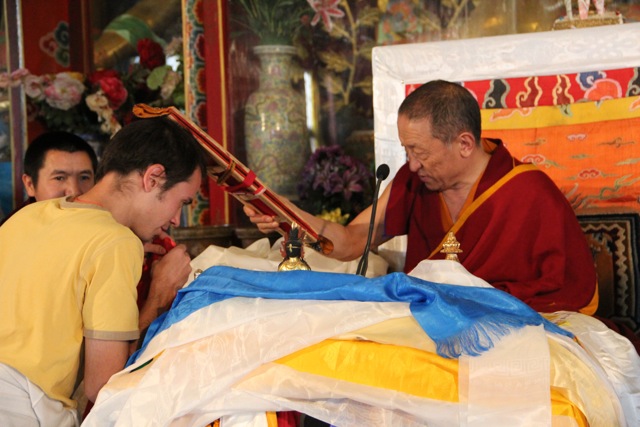My Experience at RYI

One of the best decisions I ever made was joining Rangjung Yeshe Institute (RYI). It is indeed a great institute where one can have experience of both academic and traditional teachings from the sophisticated masters. Precious teachings from Lopens and Khenpos help surprisingly to overcome the stresses of our daily lives. When I first came to this institute, I felt very welcomed. Warm greetings from RYI’s Staff made me feel myself very special! In fact, such warm greetings really motivates student to study sincerely. From the very first orientation, I started experiencing the great quality of education and the excitements that inspired me to make commitment to study further from BA. Moreover, Students are given the great opportunities to do pilgrimages, retreats and practice rituals which have equally importance as with the theoretical and philosophical knowledge. One even becomes blessed already under the guidance and p...




